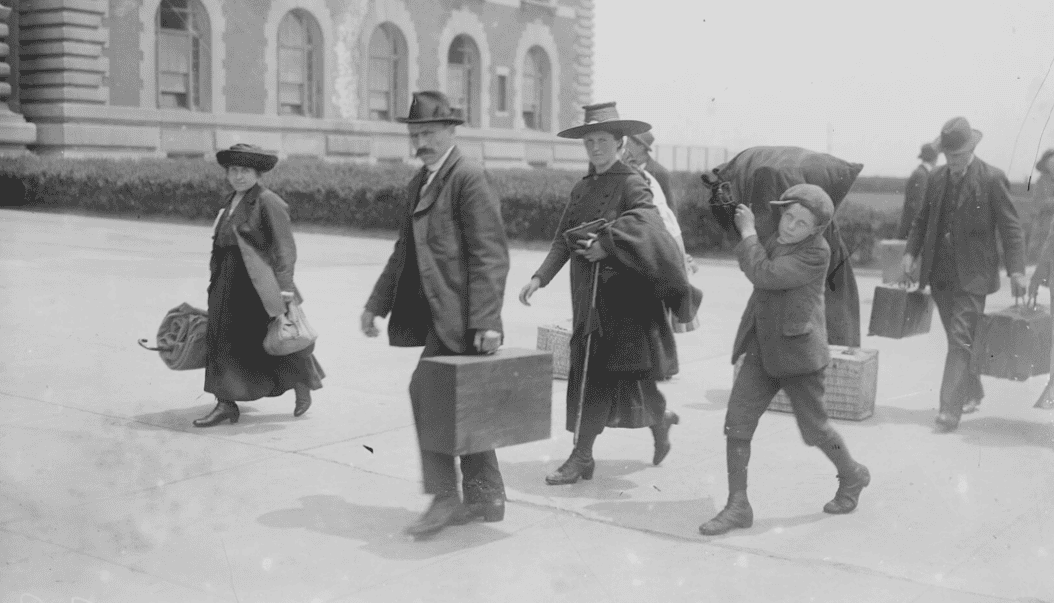“When I tried to find work in the handmade hammock industry, a traditional craft in my area, I only lasted two months because I had no one to care for my two-year-old son,” shares Keylin Aguilera, a young rural woman from Orocuina, Honduras.
You may find that this is a common scenario across rural Honduras, where women’s potential and desire to work run up against a persistent barrier: the lack of childcare. On average, women in the country spend over five times more hours on unpaid care work than men. The absence of rural childcare services remains a major obstacle, keeping women out of formal jobs due to inability to commit to specific working hours and pushing them into informal and vulnerable work (chart 1), such as own-account or contributing family work.
In Honduran rural communities, childcare services are either extremely limited or non-existent. Where available, short operating hours and school breaks often clash with agricultural schedules, forcing many parents to bring children to the fields during harvest seasons. This lack of support has contributed to historically high rates of vulnerable employment among women, which in 2023 reached 48% of all female employment (compared to 29% for men).

An Opportunity for Economic Women Empowerment in Rural Areas
Though data on rural childcare is scarce, global evidence shows its potential to improve women’s access to more and better jobs. A study in the Democratic Republic of Congo showed that providing community-based childcare services for children aged 2-6 significantly boosted rural women’s employment. In Honduras, many women want to work but are constrained by caregiving duties. The opportunity for economic impact is evident.
The World Bank is supporting the Ministry of Agriculture of Honduras (SAG) through the COMRURAL project series to create more and better jobs for women. These projects support women—many of them mothers—in gaining skills, managing land, and launching agribusinesses. But without access to childcare, many are still held back.
Real Stories, Real Challenges
Focus groups with women in rural Honduras revealed that employers value women’s precision in value-added tasks like packaging crops, but often hesitate to hire mothers due to absenteeism concerns. Single mothers face the brunt, while married women confront traditional gender roles that expect them to stay home.
“In my home, it’s just my mother and me, but we both have young children, so we have to take turns looking after them if one of us wants to go out to work,” said Keylin Aguilera in one of the focus groups.
Despite these challenges, many women remain eager to contribute. Many have expressed willingness to volunteer or help operate childcare centers in lieu of payment. They seek a variety of affordable childcare options that reflect rural economic realities, with transparent pricing and mixed financing models involving public subsidies, private partnerships, and community contributions. Their vision of ideal childcare includes health monitoring, psychological support, good hygiene, nutritious meals, and, critically, flexible hours that align with rural work patterns.
The Way Forward
The demand is clear: without childcare, many women are excluded from formal and better-paying jobs. Meeting this demand can unlock a powerful source of productivity and inclusion in the agrifood sector. The SAG, with support from the World Bank’s Agriculture and Food Department and the Early Learning Partnership, is taking bold steps to understand how access to childcare affects women’s labor participation in rural Honduras, and to identify the most appropriate and context-specific approaches to break the cycle of unbalanced caregiving duties, lack of childcare services availability, and subdued labor outcomes for women.
An earlier World Bank-supported study in rural Argentina had identified successful community-driven childcare strategies rooted in women’s lives realities, such as:
- Financing community-driven childcare initiatives to reflect local realities and address context-specific needs
- Subsidizing transport to care centers to amplify accessibility for remote families
- Promoting flexible work hours in producer groups so women can engage in paid work without sacrificing caregiving responsibilities
- Leveraging partnerships with public/private institutions to scale affordable, quality childcare options.
These approaches are being validated with local communities in the poorest departments of Honduras, alongside extensive data collections that will inform rigorous studies on the subject of women’s labor participation. This exercise will directly feed into the implementation of the COMRURAL project series, for instance including specific financing for beneficiary producers’ organizations integrating validated childcare mechanisms in their business proposals to be financed by the Projects.
Beyond more and better jobs for women, quality childcare has broader benefits: It strengthens women’s economic independence, boost family well-being, and supports food security and children’s health. With reliable childcare, women can pursue work, and children can grow in nurturing environments—setting off a positive cycle of social and economic advancement.
Recognizing, funding, and integrating childcare services into development strategies as essential for creating more and better jobs in rural areas and the agrifood sector can help women like Keilyn reach their full potential. And when women thrive, it is not only them but entire communities who will move forward faster.
Source : World Bank






































































